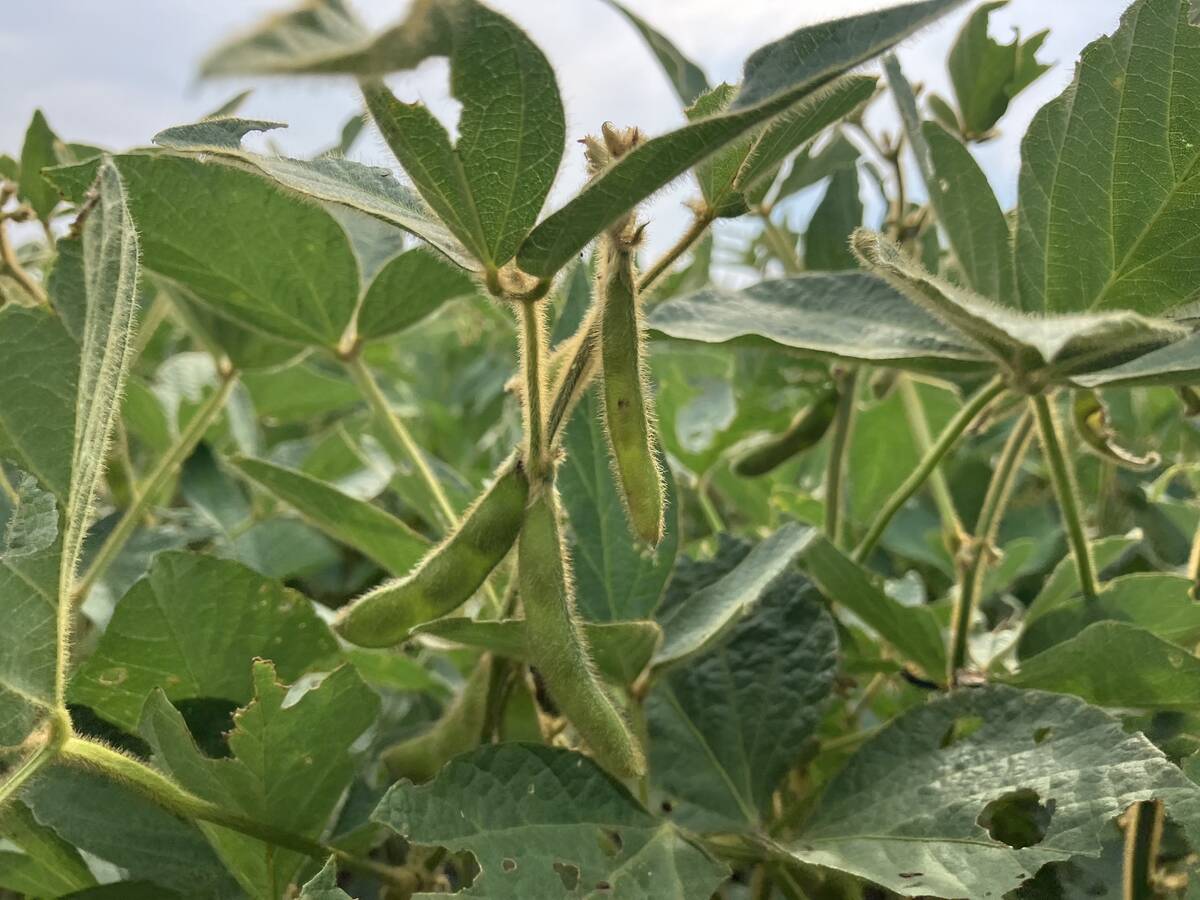If the federal government freed grain farmers from some of their regulatory shackles, there would be far less pressure on governments for farm aid during this period of low prices, the Western Canadian Wheat Growers Association told MPs last week.
Removal of the Canadian Wheat Board monopoly was the first point in an eight-point farm income support plan presented to the House of Commons agriculture committee Dec. 1 by WCWGA president Larry Maguire.
“A voluntary CWB would not cure low world prices but it would give farmers the flexibility to manage their own businesses better in difficult times,” he told MPs.
Read Also

U.S. loses out on sales of soybean to China
U.S. soybean exporters risk missing out on billions of dollars worth of sales to China this year as trade talks drag on and buyers in the top oilseed importer lock in cargoes from Brazil.
Later, he said wheat board pool accounts hold $210 million in undistributed revenue from grain delivered and sold since Aug. 1. It is the difference between initial prices and what they believe the board received on the market.
It will be paid out later.
“If farmers had that money in their hands, we would not be here today,” the Manitoba farmer told a questioner.
The wheat growers said they support creation of a national farm income disaster program patterned on the Alberta farm income disaster program.
They argued for lower freight costs through a system of shipping contracts between shippers and the railways.
They suggested tax cuts would help and proposed changes to the Net Income Stabilization Account program to make it more useful to farmers who need help.
But the wheat growers’ lobby warned against any short-term government aid program.
“In the last crisis, government responded with a scattered approach to stabilizing farm incomes through ad hoc subsidy programs,” said the WCWGA brief. “This crisis management approach to farm income problems obviously is not a long-term solution and is no longer acceptable to the farming sector.”
Whenever given the chance, Maguire returned to the wheat board issue, complaining that grain farmers in a cash crunch should be able to sell wheat and barley for the best price possible.
He said the board is offering less for malt barley than farmers can get for feed barley on the open market.
“We question the need for a monopoly which cannot give us a premium for a crop which is lower yielding and more difficult to grow than feed barley,” he said. “A voluntary CWB is the single-most important tool grain farmers must have.”
















